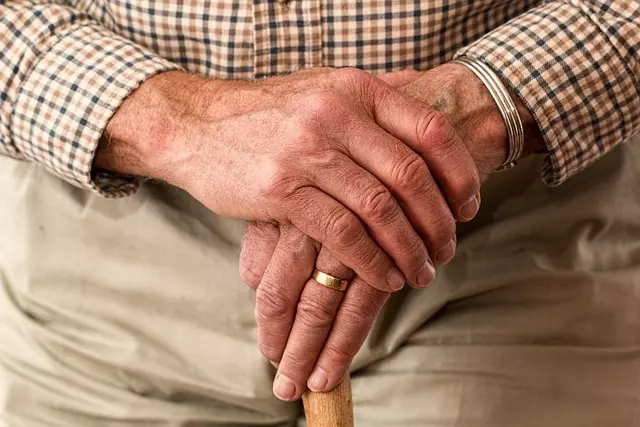Elderly Companion Services are essential for enhancing the quality of life for seniors by providing personalized companionship and support that honor their autonomy and dignity. These services address the unique needs of older adults, fostering social interaction, engaging in meaningful activities, and assisting with daily tasks to create a nurturing living environment. They play a crucial role in mitigating loneliness and isolation, common issues among seniors living alone. Beyond direct care, these services often work alongside other home care solutions to offer a holistic and integrated support system that ensures comfort, independence, and well-being for the elderly at home. This comprehensive approach not only improves daily life but also provides peace of mind to families. As more elderly individuals prefer aging in place, Elderly Companion Services become increasingly vital, offering a tailored blend of companionship and support that caters to individual preferences, promotes physical health, monitors for potential health issues, and encourages healthy living habits. This holistic care is designed to adapt to the evolving needs of seniors, contributing significantly to their longevity and overall fulfillment in the comfort of their own homes.
As the global population ages, the demand for elderly companion services that offer companionship for seniors at home has become increasingly significant. This article delves into the multifaceted role of these services in enhancing the quality of life for the elderly. From the benefits they provide to the customized care plans tailored to individual needs, the piece explores various aspects of companion services. It examines the training and qualifications of caregivers, the integration of technology and innovation, and the profound impact on mental health. Additionally, it addresses the importance of physical assistance, financial considerations, and how to select the most suitable service for a loved one. With case studies, insights into community building, and a focus on legal and ethical practices, this article provides a comprehensive overview of companion services today and their trajectory in the future.
- Elderly Companion Services: Enhancing Quality of Life at Home
- The Role and Benefits of Professional Elderly Companion Services
Elderly Companion Services: Enhancing Quality of Life at Home

As individuals age, maintaining a high quality of life becomes increasingly important. Elderly Companion Services play a pivotal role in this endeavor by providing seniors with the companionship and support they need to thrive at home. These services are designed to address the social, emotional, and practical needs of older adults, offering a tailored approach to care that respects their autonomy and dignity. Trained companions engage seniors in meaningful activities, encourage social interaction, and assist with daily tasks, thereby fostering an environment conducive to well-being. The presence of a companion can alleviate feelings of loneliness and isolation, which are significant risks for individuals living alone. Moreover, these services often work in tandem with other home care options to provide holistic support, ensuring that seniors receive the comprehensive care they require to remain comfortable and independent in their own homes. By facilitating a more engaging and less isolating daily life, Elderly Companion Services significantly enhance the quality of life for seniors, offering peace of mind for both them and their loved ones.
The Role and Benefits of Professional Elderly Companion Services

A growing number of elderly individuals prefer to reside in their own homes as they age, and professional elderly companion services play a pivotal role in facilitating this desire. These services are designed to provide seniors with the companionship and assistance they need to maintain their independence and quality of life. Professional elderly companions are trained to offer social interaction, which can alleviate feelings of loneliness and isolation often experienced by older adults. They engage clients in activities that stimulate cognitive function and promote mental well-being. Moreover, these companions can assist with daily tasks, ensuring seniors receive the necessary care while retaining their dignity and autonomy. The benefits of such services extend beyond mere companionship; they encompass a holistic approach to eldercare, promoting physical health through regular exercise, monitoring health conditions, and encouraging nutritious eating habits. By fostering a supportive environment that caters to individual preferences and needs, professional elderly companion services enable seniors to thrive in the comfort of their own homes. This not only enhances their daily living experience but also contributes to a longer and more fulfilling life, highlighting the crucial role these services play in eldercare.
In conclusion, the importance of elderly companion services in enhancing the quality of life for seniors at home cannot be overstated. These dedicated professionals offer a range of benefits, from social interaction to support with daily tasks, ensuring that the golden years are lived with dignity and companionship. As our population continues to age, the role of such services will only grow more vital, providing a lifeline for many who wish to remain in the comfort and familiarity of their own homes. For those considering this option, it’s clear that elderly companion services represent a thoughtful investment in the well-being and happiness of our senior loved ones.


